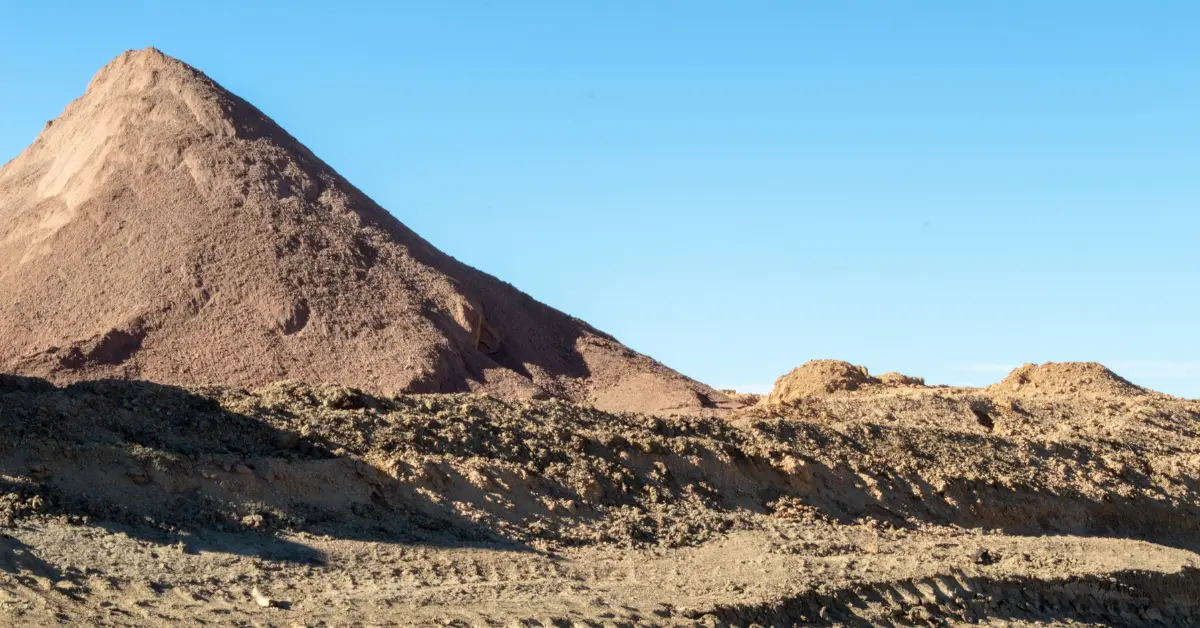
Dirt exchange platforms offer a convenient way for contractors to buy, sell, or trade excess soil from construction projects. These platforms function as online marketplaces where contractors can list available dirt, specify its type, and set pricing. Buyers can search for the exact materials they need, often filtering by soil composition, quantity, and location. Once a match is found, transactions can be completed online, with arrangements made for transportation. By utilizing these platforms, contractors can reduce costs and minimize waste while ensuring they have the necessary materials for their projects.

Enhance Material Supply and Disposal Solutions
For contractors engaged in construction and landscaping, the seamless supply and responsible disposal of materials are crucial for project efficiency and compliance. At the core of these needs is access to high-quality fill dirt—often the foundational material for grading, backfilling, and establishing stable bases for structures or landscaping features. Modern suppliers have responded to contractor demands by offering fill dirt that is not only abundant but also screened and processed to ensure consistency, cleanliness, and suitability for various applications. Screened fill dirt is meticulously filtered to remove rocks, debris, and other contaminants, providing a safer and more reliable material for use in critical construction tasks. Attention to quality streamlines on-site work, reduces the risk of structural issues, and minimizes costly delays caused by unsuitable materials.
Beyond supply, contractors must also address the challenge of disposing of unsuitable dirt and construction debris generated during excavation or site preparation. Material dumping solutions are designed to help contractors safely and efficiently remove waste from their job sites, ensuring compliance with local environmental regulations and keeping projects on schedule. Reputable providers operate fully compliant facilities that accept a variety of soil and debris types, prioritizing environmentally responsible disposal practices. In addition to avoiding any fines or project delays associated with inappropriate dumping, contractors can maintain cleaner, safer job sites by employing these services.
A growing area of focus for contractors is the management of hydrovac waste—a byproduct of hydro-excavation processes that involves a slurry of water, soil, and debris. Hydrovac waste can be particularly challenging to handle due to its wet, heavy composition and the strict environmental requirements surrounding its disposal. Specialized hydrovac waste solutions provide contractors with 24/7 access to drop-off facilities where this material is safely processed, separated, and recycled whenever possible. These facilities are designed to accommodate tight project timelines, providing fast unloading and full compliance with EPA and other regulatory standards. By partnering with providers that offer hydrovac disposal, contractors eliminate the risks associated with on-site stockpiling and ensure that their projects remain both efficient and environmentally responsible. The integration of these supply and disposal solutions—screened and processed fill dirt, compliant dumping services, and hydrovac waste management—empowers contractors to focus on project delivery rather than material logistics. Reliable access to high-quality materials and efficient waste handling not only supports smoother project execution but also aligns with broader industry trends toward sustainability and resource conservation. As contractors increasingly seek partners that prioritize both quality and environmental stewardship, these comprehensive material solutions are becoming essential components of modern construction and land development projects.
Benefits of Using Dirt Exchange Platforms
Reducing Material Costs Through Dirt Exchanges
Construction projects often involve significant expenses, particularly when acquiring or disposing of excess soil. Dirt exchanges for contractors help reduce these costs by allowing builders to source soil at a lower price or even obtain it for free. Instead of purchasing new materials from suppliers, contractors can find soil that another project no longer needs, minimizing expenses. Likewise, selling excess dirt prevents the additional cost of transporting and dumping it at landfills. This exchange system creates a win-win situation where both buyers and sellers benefit financially. By leveraging these networks, contractors can maintain their budgets while ensuring projects remain on track.
Connecting Contractors With Local Suppliers and Buyers
Efficient access to materials is crucial for maintaining project schedules. Local dirt exchange services simplify this process by linking contractors with nearby suppliers and buyers, reducing delays in procurement. Rather than relying on distant suppliers, contractors can locate materials within their region, saving both time and transportation costs. The ability to connect with local providers ensures faster transactions and more reliable deliveries, preventing unexpected project setbacks. Additionally, working with nearby sellers fosters stronger industry relationships, creating long-term partnerships that benefit future projects. By using these services, construction professionals gain a convenient and efficient way to secure materials while supporting local businesses.
Enhancing Project Timelines With Quick Access to Materials
Timely access to materials is critical in construction, as delays can lead to higher costs and extended deadlines. Dirt trading platforms help contractors secure the necessary soil without the time-consuming process of traditional sourcing. Instead of waiting for deliveries from bulk suppliers, contractors can find available materials in real-time, ensuring faster turnaround. This immediate access helps projects stay on schedule, preventing disruptions caused by material shortages. Additionally, the streamlined communication on these platforms allows buyers and sellers to finalize deals quickly, reducing unnecessary delays. As construction timelines become increasingly demanding, utilizing these platforms offers a strategic advantage in efficiently meeting project deadlines.
Best Practices for Leveraging Dirt Exchanges
Listing Materials Effectively: Descriptions, Images, and Pricing
Creating a successful listing on these platforms requires clarity and detail. Contractors looking to sell or trade excess soil should provide precise descriptions, including soil type, texture, and any potential contaminants. High-quality images help buyers assess the material’s suitability for their projects, reducing misunderstandings and negotiation time. Setting a competitive price also plays a key role in attracting buyers, as many contractors compare multiple listings before making a decision. Transparency regarding volume and availability ensures smoother transactions, preventing last-minute cancellations or disputes. A well-structured listing increases visibility, making it easier to connect with interested buyers while optimizing the chances of a quick and profitable exchange.
Using Search Filters to Find Specific Soil Types and Quantities
Online dirt-selling platforms provide advanced search filters, enabling contractors to narrow their options by location, soil composition, and volume. These tools help save time and minimize costs by refining searches to display only relevant listings.
- Location-Based Filtering – Searching within a specific geographic range helps contractors find materials close to their job sites, reducing transportation costs and ensuring faster delivery. By focusing on nearby sources, projects can avoid delays caused by long-distance shipments.
- Soil Type Selection – Whether a project requires compactable fill dirt for structural support or nutrient-rich topsoil for landscaping, these filters allow contractors to specify the exact type they need. This ensures that only relevant listings appear, making the selection process more efficient.
- Volume-Based Sorting – Large-scale construction projects often require bulk soil, while smaller landscaping jobs may need only a limited amount. These platforms allow users to filter by quantity, helping contractors find suppliers who can meet their specific volume requirements without unnecessary negotiations.
- Pricing Adjustments – Budget-conscious contractors can use price filters to locate listings that fit within their cost constraints. By setting price ranges, they can quickly compare available options, securing the best deals without overspending or wasting time on unaffordable listings.
- Availability & Delivery Options – Some suppliers offer immediate pickup, while others provide scheduled deliveries. Filtering results based on availability ensures that contractors can find materials that align with their project timelines, preventing last-minute sourcing issues.
By incorporating these search tools, dirt exchange networks streamline the procurement process and help contractors secure the best materials for their projects with minimal effort. These features eliminate unnecessary guesswork, making transactions faster and more reliable while keeping costs manageable.
Communicating Clearly With Buyers and Sellers for Smooth Transactions
Effective communication is essential when conducting transactions on dirt exchanges to ensure both parties understand expectations. Buyers and sellers should discuss soil specifications, pickup or delivery arrangements, and any necessary documentation before finalizing a deal. Miscommunication can lead to unexpected costs or project setbacks, so maintaining clear, professional dialogue prevents misunderstandings.
Verifying Quality Through Ratings, Reviews, and Certifications
Before finalizing a transaction, contractors should assess the credibility of a seller or buyer by reviewing feedback from previous exchanges. Many dirt exchange networks provide rating systems that allow users to evaluate past transactions based on material quality, communication, and reliability. Certifications, where applicable, further validate soil quality, ensuring compliance with regulatory standards. Taking the time to review seller profiles and feedback helps contractors avoid issues with subpar or contaminated soil. By prioritizing reputable sources, businesses can confidently engage in exchanges without the risk of unexpected complications. Ensuring high-quality transactions strengthens the overall efficiency and reliability of the platform, benefiting all users involved.
How Local Dirt Exchanges Simplify Logistics
Reducing Transportation Costs by Sourcing Locally
As mentioned earlier, sourcing materials within a specific region is one of the most effective ways to lower construction expenses. Local dirt exchanges allow contractors to find nearby soil suppliers, eliminating the need for long-distance transportation. Reducing hauling distances means spending less on fuel, labor, and equipment wear, making material acquisition more budget-friendly. Shorter travel times also minimize delays, ensuring projects remain on schedule without unnecessary logistical setbacks. When contractors rely on these platforms to locate materials closer to their job sites, they can allocate resources more efficiently while maintaining environmental sustainability. Local sourcing also strengthens regional supply networks, making materials more accessible to businesses operating in the same area.
Dirt exchanges for contractors contribute to sustainability by keeping valuable materials in circulation instead of allowing them to go to waste. Working within local networks reduces the environmental impact of transporting soil over long distances, cutting down on fuel consumption and emissions. These exchanges also promote responsible land use by ensuring excavated materials serve a purpose instead of being discarded. By participating in these systems, contractors actively contribute to eco-friendly construction initiatives while also benefiting from cost-effective sourcing methods.

Leveraging Local Dirt Exchange Services for Pickups and Deliveries
Coordinating the movement of construction materials can be complex, especially when working on tight deadlines. Local dirt exchange services help simplify this process by offering direct connections between contractors and suppliers who provide delivery or pickup options. This level of convenience reduces the burden of arranging third-party transportation, ensuring materials arrive exactly when needed. In many cases, working with providers in the same area speeds up the logistics process, preventing unnecessary project slowdowns.
Navigating Regional Regulations and Zoning Requirements
Understanding the legal aspects of soil exchange is crucial to avoiding fines or project interruptions. Dirt exchange marketplaces facilitate compliance with local zoning laws, disposal regulations, and environmental guidelines for contractors when acquiring or transferring soil. Some municipalities impose restrictions on certain soil types or require permits for large-scale material movement. Using platforms that provide regulatory insights ensures that contractors remain compliant while sourcing materials. Additionally, these networks can connect users with suppliers who meet specific legal standards, reducing the risk of complications. Staying informed about regional policies is an essential step in managing construction materials responsibly and efficiently.
Streamline Logistics, Cut Transportation Costs, and Simplify Regulatory Compliance
Local dirt exchanges play a pivotal role in transforming the logistics of material sourcing and disposal for construction and landscaping projects. By focusing on regional networks, these platforms enable contractors to identify and connect with nearby suppliers and buyers, which dramatically reduces the need for long-haul transportation. This proximity not only lowers direct hauling expenses—such as fuel, labor, and equipment wear—but also minimizes the time spent coordinating shipments across long distances. For contractors, this translates into faster turnaround times and greater flexibility in adjusting to project schedule changes. The ability to source soil and fill materials locally means that deliveries can often be arranged on short notice, helping to prevent costly delays that might otherwise arise from material shortages or unexpected site conditions. Furthermore, local exchanges often provide integrated logistics support, including real-time scheduling tools and direct communication channels, which simplify the coordination of pickups and drop-offs. These features reduce the administrative burden on project managers and ensure that materials arrive exactly when and where they are needed.
The environmental benefits of local sourcing further reinforce the value of regional dirt exchanges. Reducing transportation distances lowers greenhouse gas emissions and fuel consumption, aligning with sustainability goals that are increasingly important in modern construction. Local exchanges also promote responsible land use by keeping excavated materials within the community, supporting circular economies where resources are reused rather than wasted. Leveraging local dirt exchanges enables contractors to streamline their operations, control costs, and confidently manage regulatory requirements, creating a more efficient, compliant, and sustainable approach to material logistics in the construction industry.
Finding the Right Dirt Exchange Platform
Features to Look for in Reliable Dirt Trading Platforms
Choosing the right platform for managing soil transactions is essential for contractors looking to streamline material sourcing and disposal. Construction dirt exchanges vary in features, reliability, and user experience, making it important to evaluate them carefully. Below are five essential features to consider when selecting a dirt trading platform.
- Comprehensive Listing Tools – As said before, a reliable platform should allow users to create detailed listings that include soil type, volume, location, and pricing. The ability to upload high-quality images and specify material conditions helps buyers assess suitability before making inquiries.
- Secure Payment Processing – Trustworthy dirt exchange platforms provide secure payment options that protect both buyers and sellers from potential disputes. Integrated payment gateways ensure transactions are processed safely, reducing the risk of fraud. Platforms that offer escrow services or transaction tracking add an extra layer of security, giving contractors peace of mind when dealing with new suppliers or buyers. Reliable financial protections help create a more professional and trustworthy marketplace.
- Verified User Reviews and Ratings – As mentioned earlier, the platform’s credibility is largely determined by its community of users. Ratings and reviews help contractors assess the reputation of sellers and buyers before engaging in transactions.
- User-Friendly Navigation and Search Functions – A responsive and intuitive dashboard helps users track listings, manage transactions, and organize communication efficiently. Platforms that focus on a seamless user experience make material exchanges faster, reducing the time spent navigating unnecessary complexities.
Online dirt exchange platforms that feature straightforward filtering options and clear category divisions help contractors find what they need without confusion. Intuitive dashboards allow users to track transactions and manage listings efficiently. When selecting an exchange service, contractors should prioritize accessibility and responsiveness to ensure they can complete transactions quickly and without frustration. A platform’s ease of use directly impacts its effectiveness in connecting buyers and sellers.
Importance of Integrated Logistics Tools for Scheduling and Transport
Logistics play a vital role in ensuring that materials reach their intended destinations on time. Platforms that integrate scheduling and delivery coordination tools offer a distinct advantage, allowing contractors to manage pickups and drop-offs with precision. Having access to built-in scheduling systems eliminates guesswork, preventing delays caused by unclear transport arrangements. Reliable exchange services streamline material movement, ensuring that both parties are aware of timing expectations. The ability to organize transport details directly through a platform simplifies logistics and makes it easier for contractors to plan project timelines effectively. Choosing an exchange that includes these features adds value by reducing coordination challenges.
Registration and Deal Negotiation
Security and trust are equally important. Look for platforms that incorporate secure payment processing, such as escrow services or integrated payment gateways, to protect both buyers and sellers from fraud and disputes. Verified user reviews and ratings further enhance platform credibility, allowing contractors to assess the reliability of potential partners before engaging in transactions. Direct communication channels, such as built-in messaging systems, are invaluable for clarifying deal terms, negotiating pricing, and confirming logistics—all without leaving the platform. These features help prevent misunderstandings and facilitate smoother, faster negotiations.
Getting started with a dirt exchange platform typically begins with a straightforward registration process. Contractors are usually required to provide basic business information, including company name, contact details, and location. A well-crafted profile is crucial: it should clearly outline the types of soil or materials available or needed, project requirements, and any relevant certifications or experience. Many platforms offer verification processes, such as email confirmation or document uploads, to enhance user credibility and foster trust within the network.
Once registered, users should focus on creating detailed, transparent listings for materials they wish to buy or sell. High-quality images, precise descriptions, and clear pricing information are key to attracting serious inquiries and expediting the matching process. When an inquiry is received, prompt and professional communication is essential. Contractors should be prepared to answer questions regarding material quality, volume, and delivery options, and to negotiate terms fairly and transparently. Many platforms facilitate these interactions with messaging tools that keep all correspondence organized and accessible. After reaching an agreement, users can leverage the platform’s logistics and tracking features to coordinate transport and monitor the transaction through to completion. By selecting platforms with robust features and adhering to best practices for registration, profile creation, and negotiation, contractors can maximize efficiency, minimize risk, and ensure successful outcomes for every exchange.
Practical Steps for Getting Started with Dirt Exchanges
How to Register and Create a Contractor Profile
Getting started with dirt exchange networks begins with setting up a profile that accurately represents a contractor’s business and material needs. Registration typically requires basic details such as company name, location, and contact information. A well-crafted profile helps establish credibility, making it easier to connect with reliable buyers and sellers. Including specifics about the types of soil available or needed, along with project requirements, ensures more accurate matches on the platform. Many services also offer verification features that add an extra layer of trust, allowing contractors to build a strong reputation within the network. Taking time to complete the registration process properly enhances visibility and improves the chances of successful transactions.
Responding to Inquiries and Negotiating Deals Efficiently
Once a listing attracts interest, timely communication is key to securing a successful transaction. Contractors using construction dirt exchanges should be prepared to respond quickly to inquiries, providing clear answers about availability, pricing, and delivery options. Negotiating terms effectively requires a balance between flexibility and maintaining fair pricing. Many platforms offer messaging systems that help facilitate discussions, keeping records of agreements and reducing misunderstandings. Establishing a professional approach to negotiations not only helps finalize deals faster but also builds a positive reputation within the exchange network. Efficient responses and transparency encourage repeat transactions, benefiting contractors in the long run.
Tracking Inventory and Transactions on Dirt Exchange Networks
Managing materials efficiently requires an organized system for monitoring inventory and transaction history. Many dirt trading platforms provide tools that help contractors track available soil, pending exchanges, and completed deals. Keeping accurate records prevents overselling materials and ensures that supply levels align with project demands. Platforms with automated tracking features reduce the need for manual record-keeping, making the entire process more efficient. Regularly updating listings to reflect changes in inventory helps prevent delays or miscommunications with buyers and sellers. By maintaining organized records, contractors can optimize material usage and plan for future transactions more effectively.
Dirt Processing and Recycling Services for Sustainable Construction
Dirt processing and recycling services have become essential components of modern construction and land development, offering practical solutions for handling the substantial volumes of soil, rock, and waste generated by excavation and building activities. These specialized services begin with the collection and acceptance of various construction byproducts, including excess fill dirt, hydrovac slurry, and mixed debris. Advanced facilities utilize screening and refining techniques to separate reusable materials from contaminants, rocks, and unsuitable content. The result is a supply of high-quality, clean fill dirt and processed soil that meets the rigorous standards required for foundational work, landscaping, grading, and backfilling. By transforming what would otherwise be landfill-bound waste into valuable resources, dirt recycling operations significantly reduce the environmental impact of construction projects.
One of the most notable environmental benefits of these services is the reduction of landfill usage. Every load of dirt or debris that is recycled instead of dumped helps decrease the strain on local landfills and minimizes the release of harmful substances into the environment. Additionally, recycling dirt and construction waste conserves natural resources by reducing the demand for newly sourced soil and aggregates. This, in turn, lowers the energy consumption and emissions associated with mining, transportation, and processing of virgin materials. Many providers further support sustainability by offering eco-friendly solutions for hydrovac waste, which can be particularly challenging to manage due to its slurry composition and potential for environmental harm if improperly disposed of. By accepting and processing hydrovac waste around the clock, these facilities enable contractors to maintain compliance with environmental regulations and meet project timelines, even under tight deadlines.
Another key advantage of modern dirt processing services is their contribution to the creation of a sustainable material supply chain. Contractors and developers gain reliable access to screened, processed, and environmentally safe fill dirt, which not only meets project specifications but also supports broader sustainability goals. With a focus on compliance, efficiency, and sustainability, dirt processing and recycling providers are helping to reshape the construction industry—making it possible to build and develop while preserving valuable land and resources for future generations.

As more contractors embrace online dirt exchanges, the construction industry moves toward a more resource-efficient and sustainable future. Whether offloading excess materials or sourcing soil for new projects, these platforms create valuable opportunities to optimize costs, reduce waste, and enhance operational efficiency. Taking the time to understand best practices and selecting the right platform will ensure smooth transactions, benefiting contractors and the environment alike.

.svg)



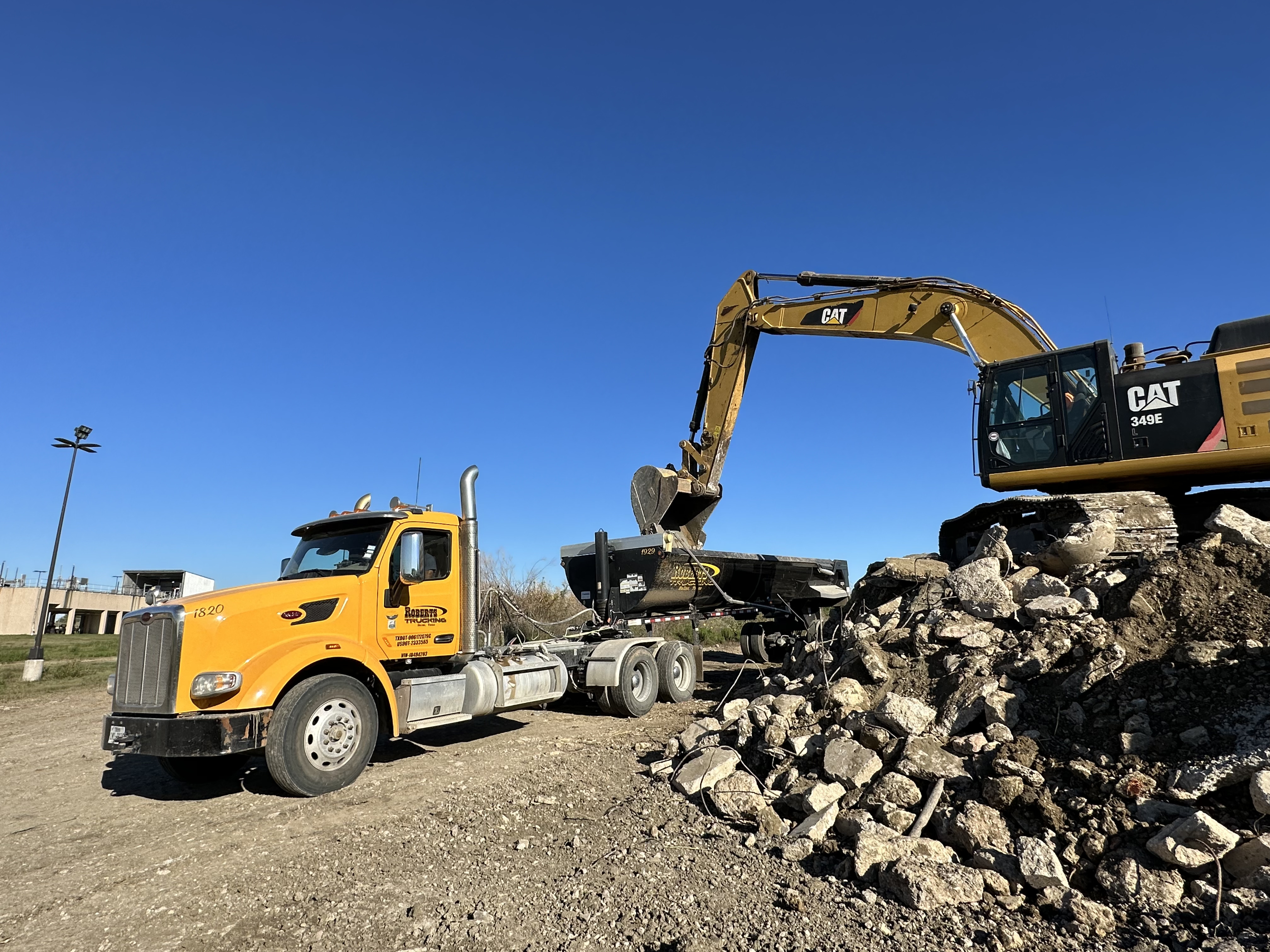

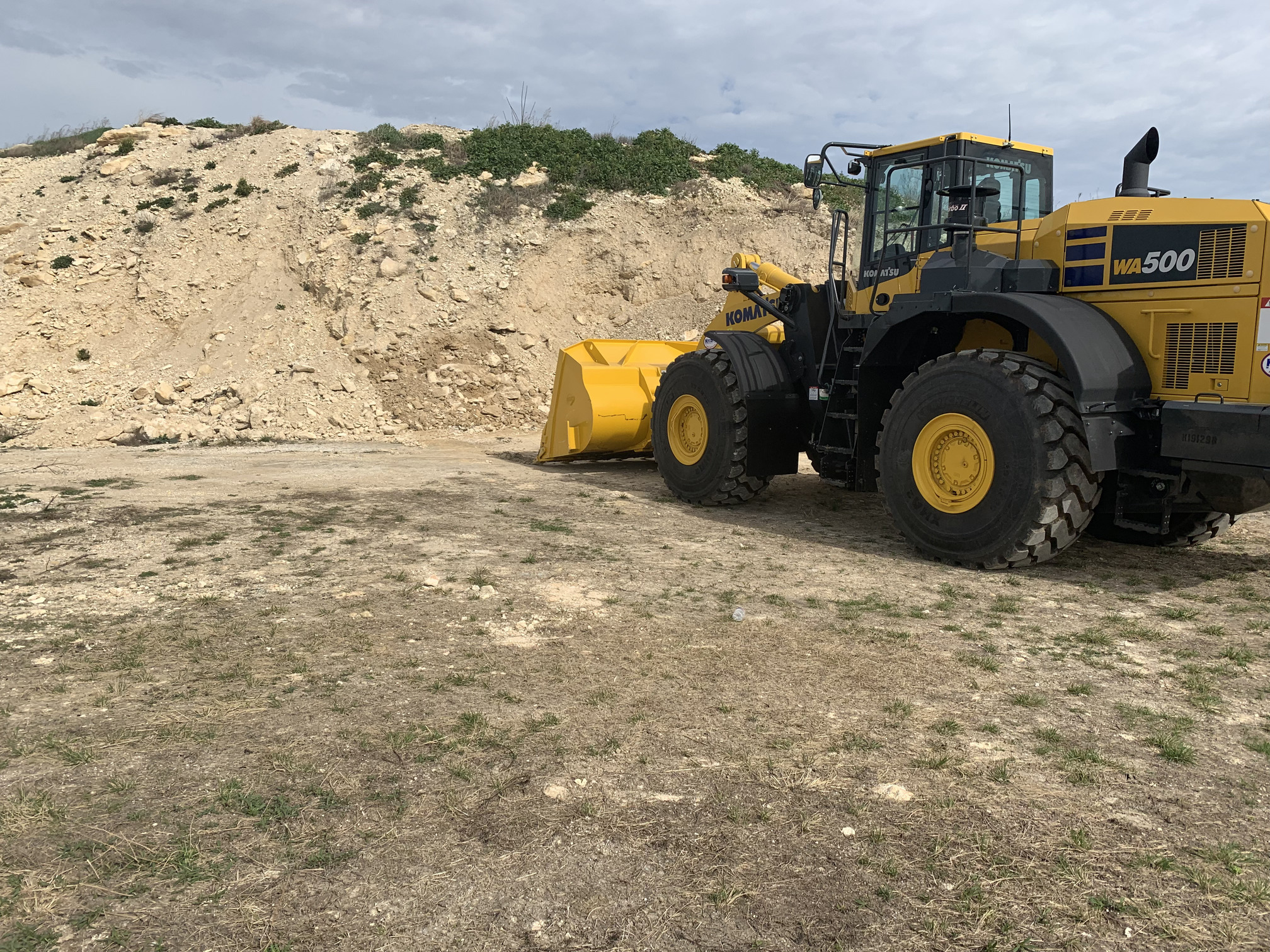



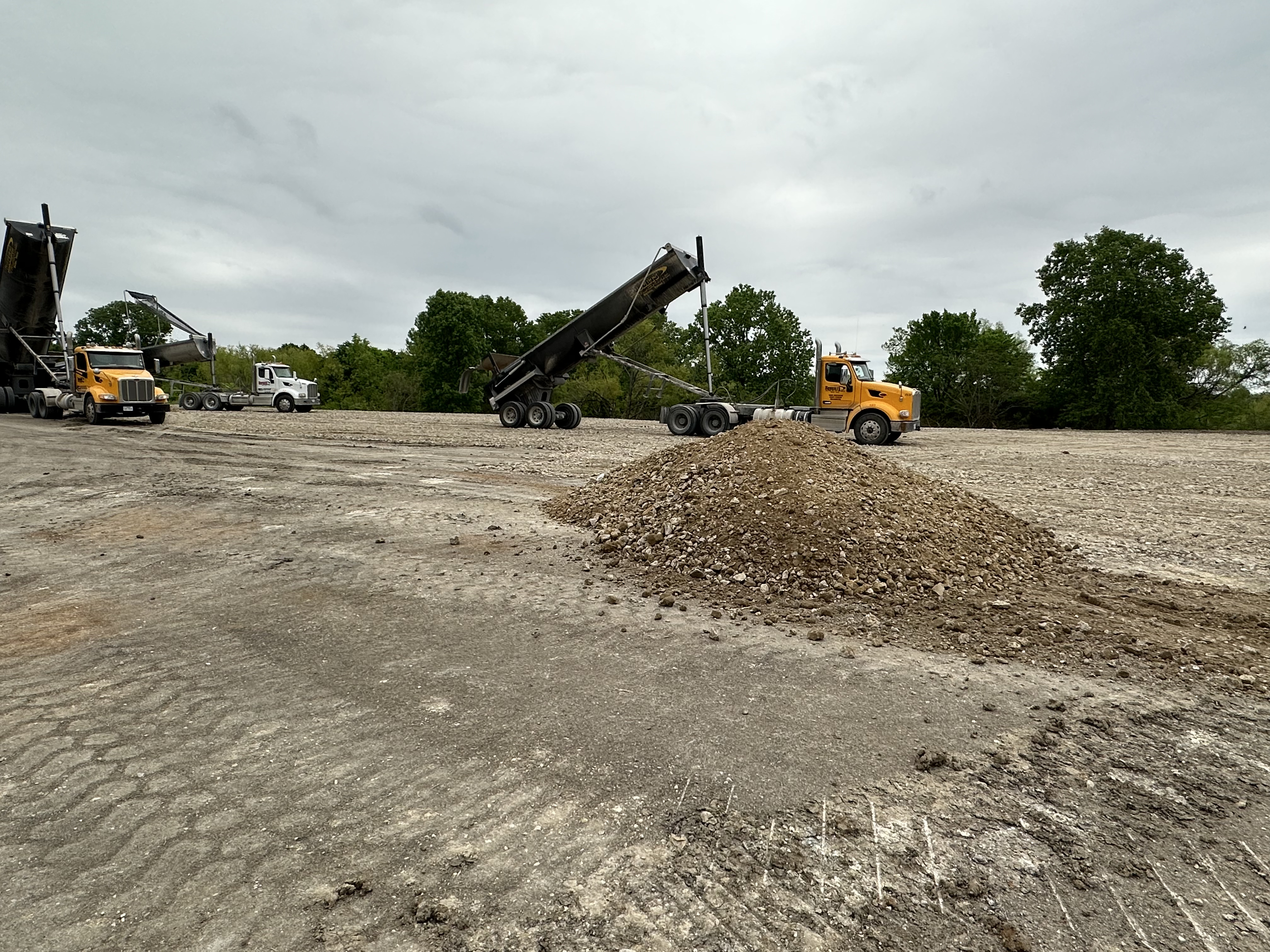

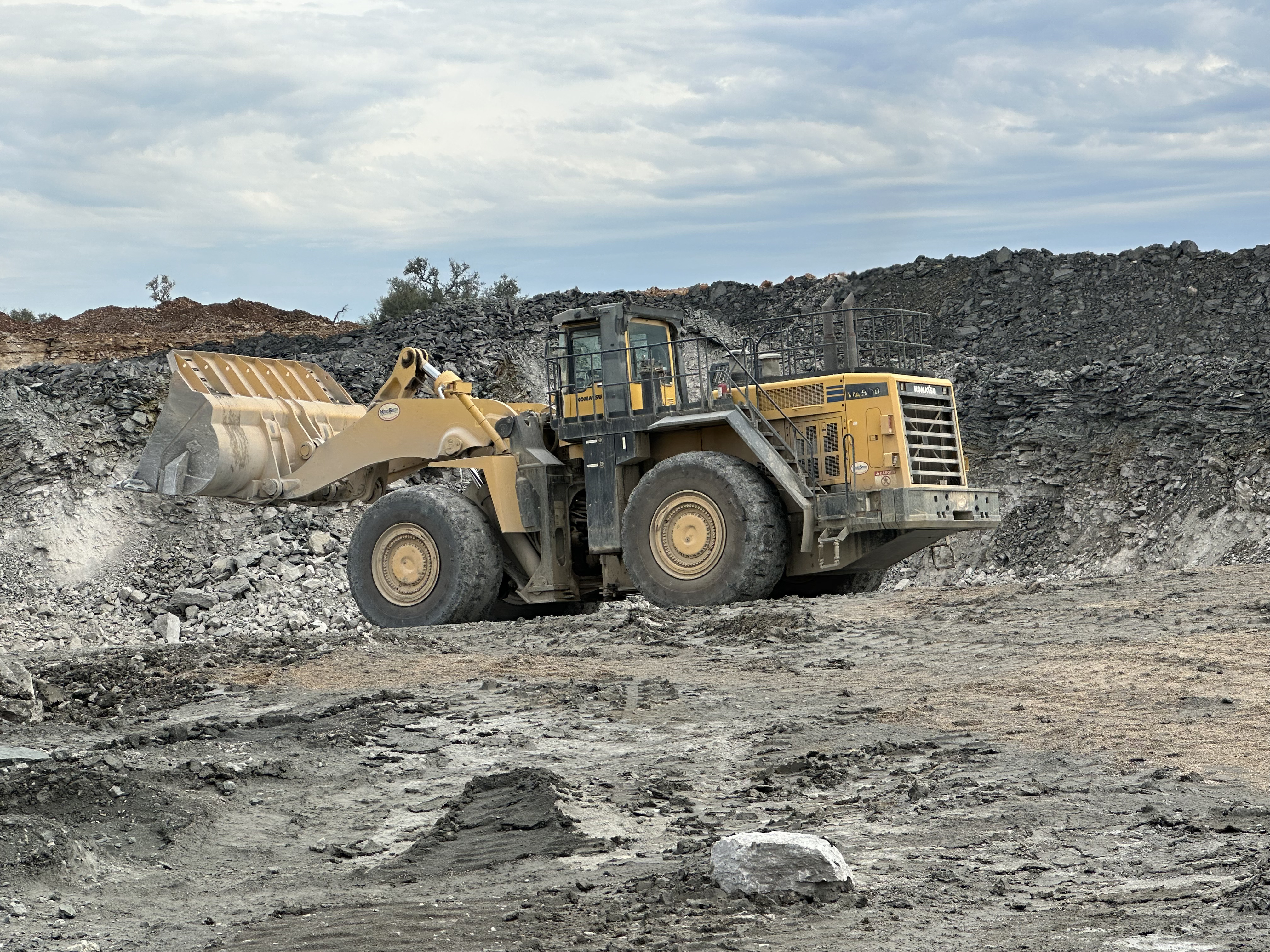


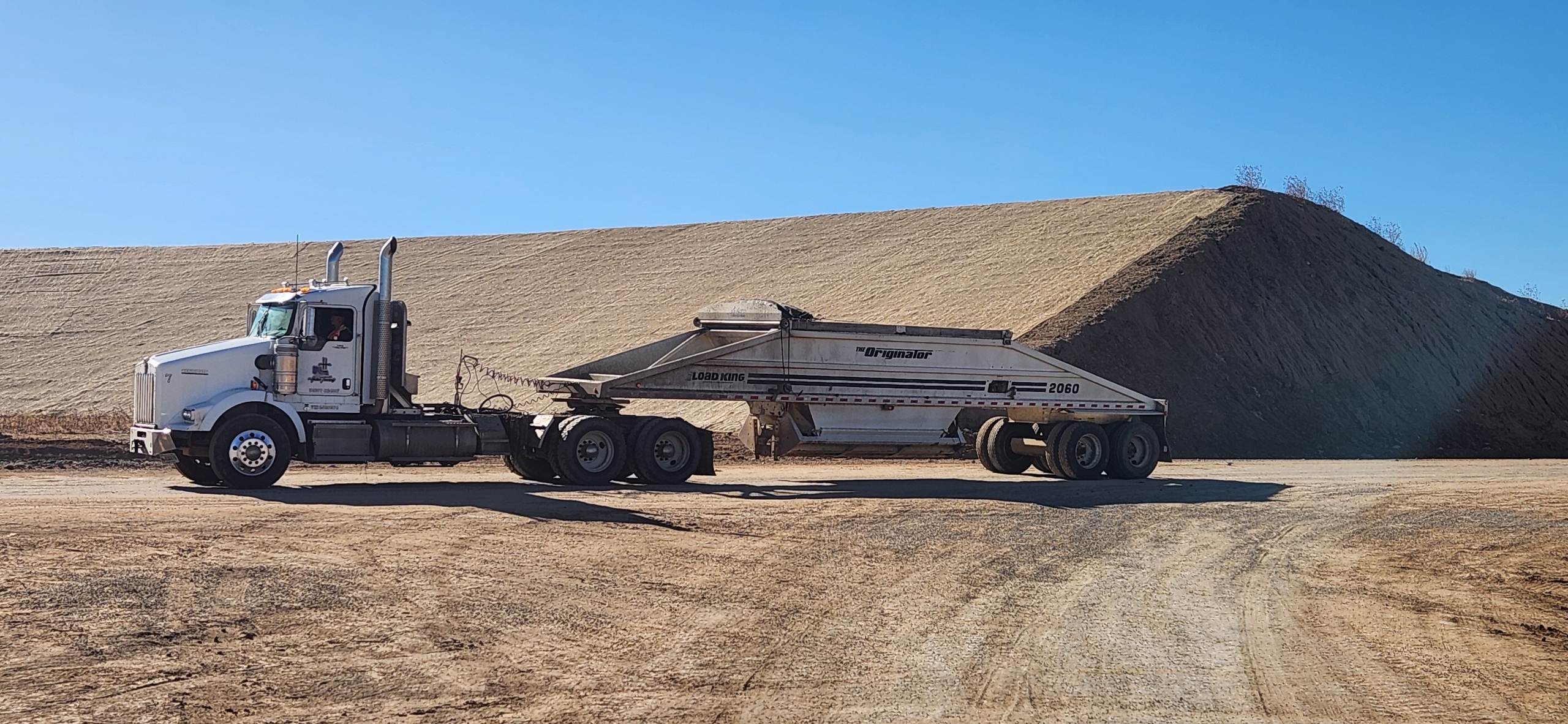
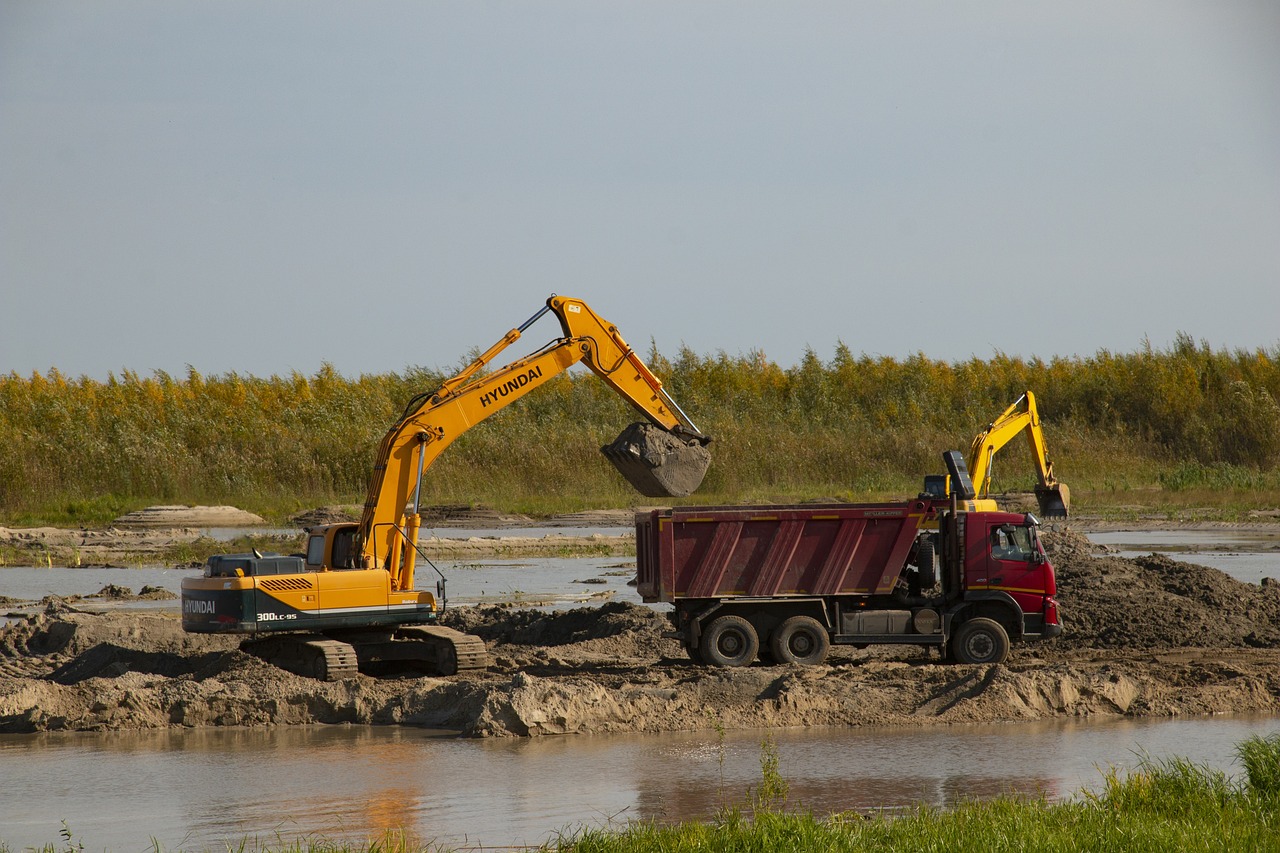

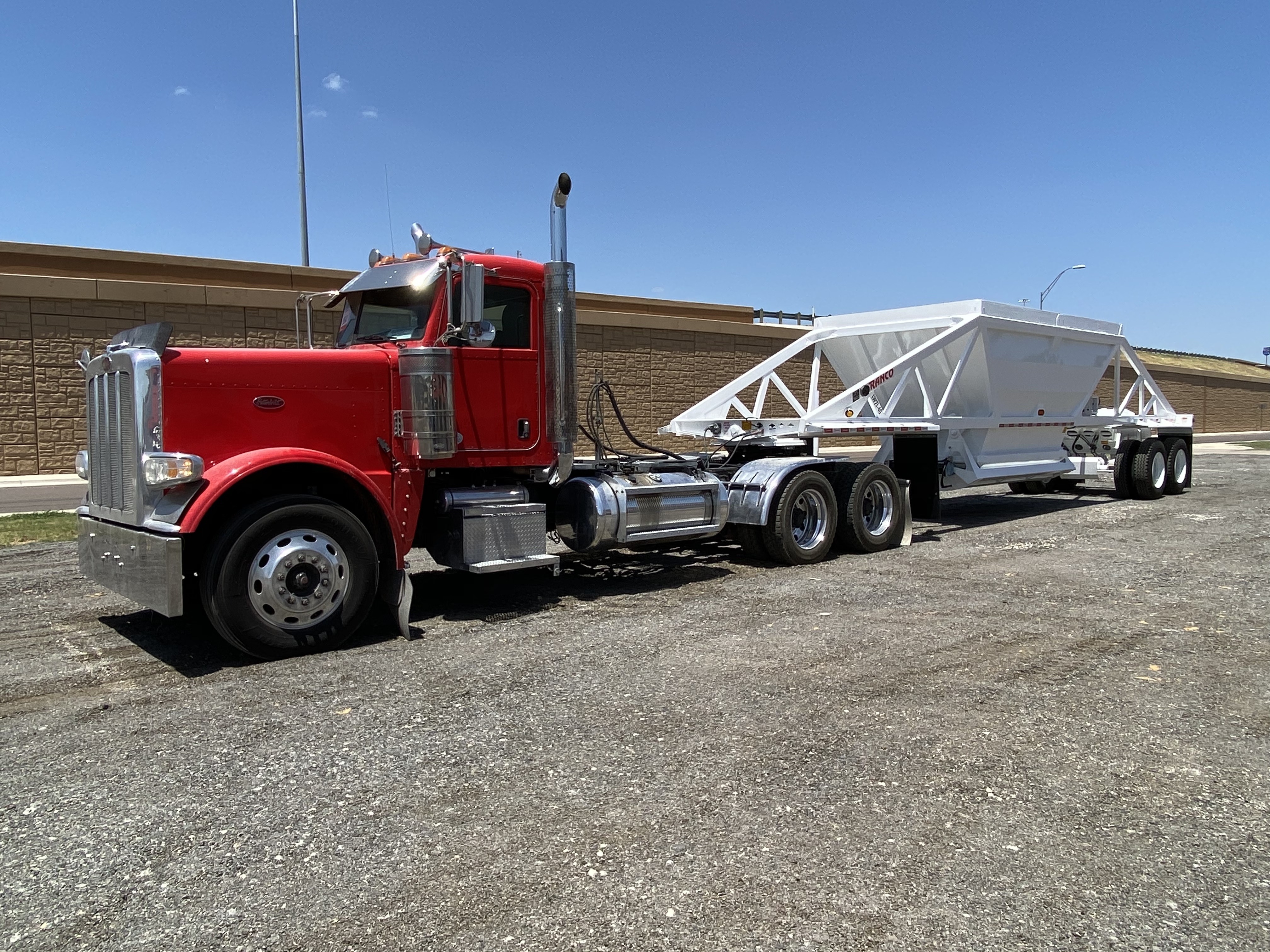
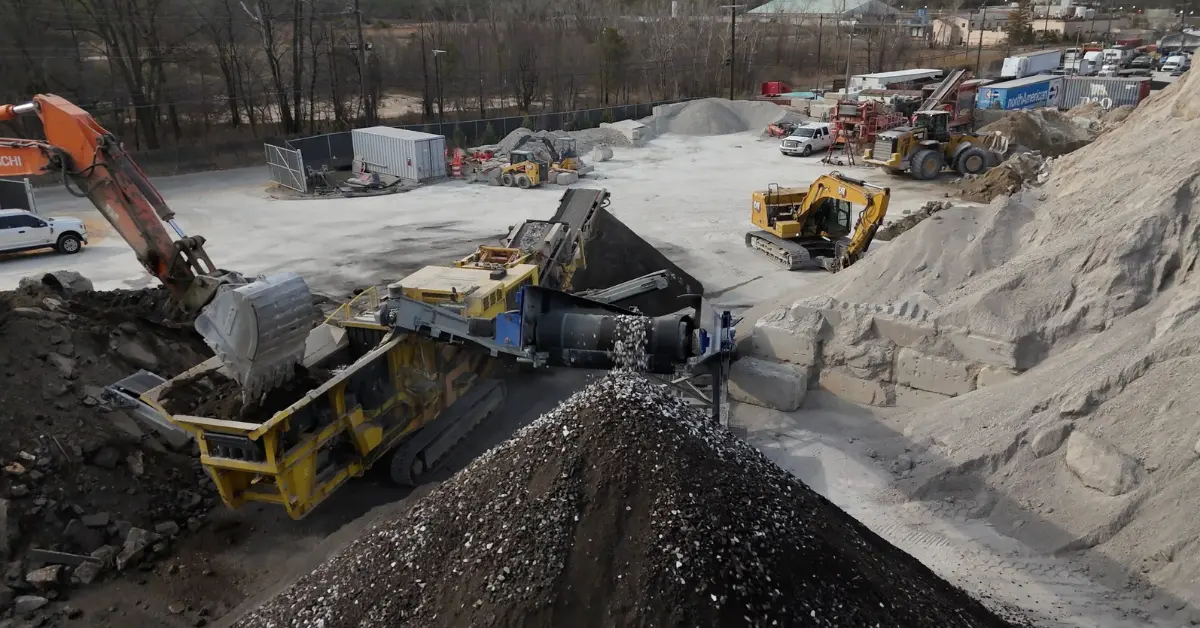
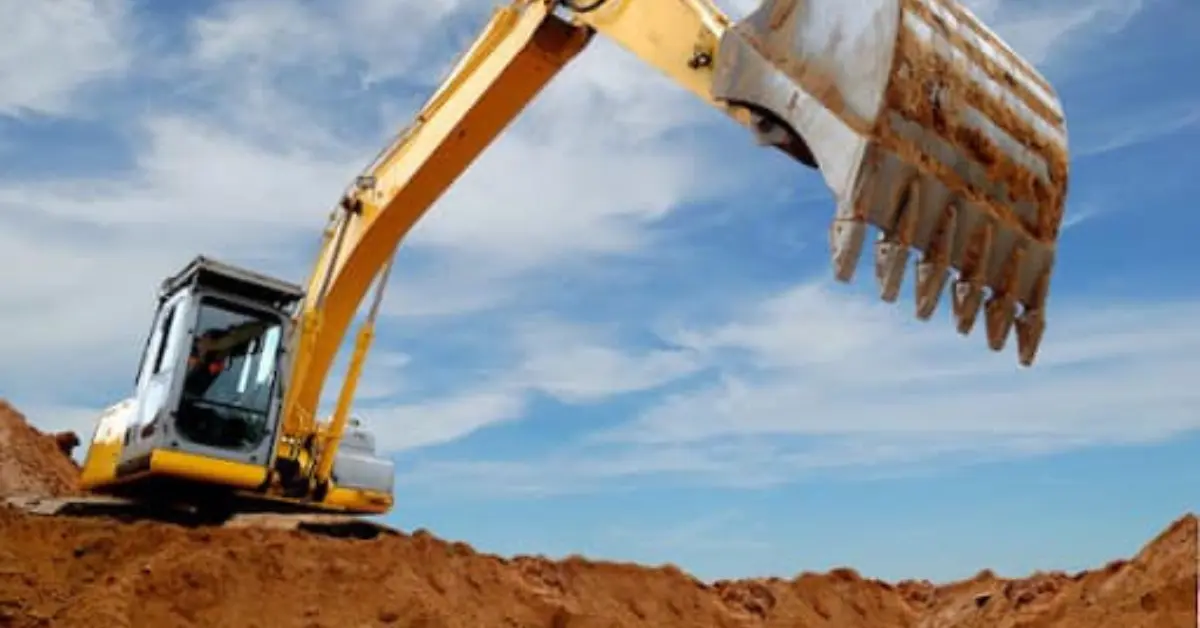
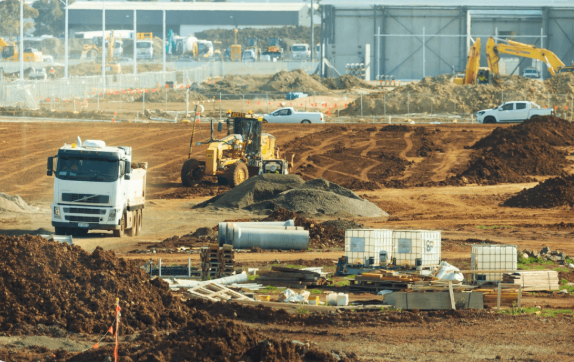
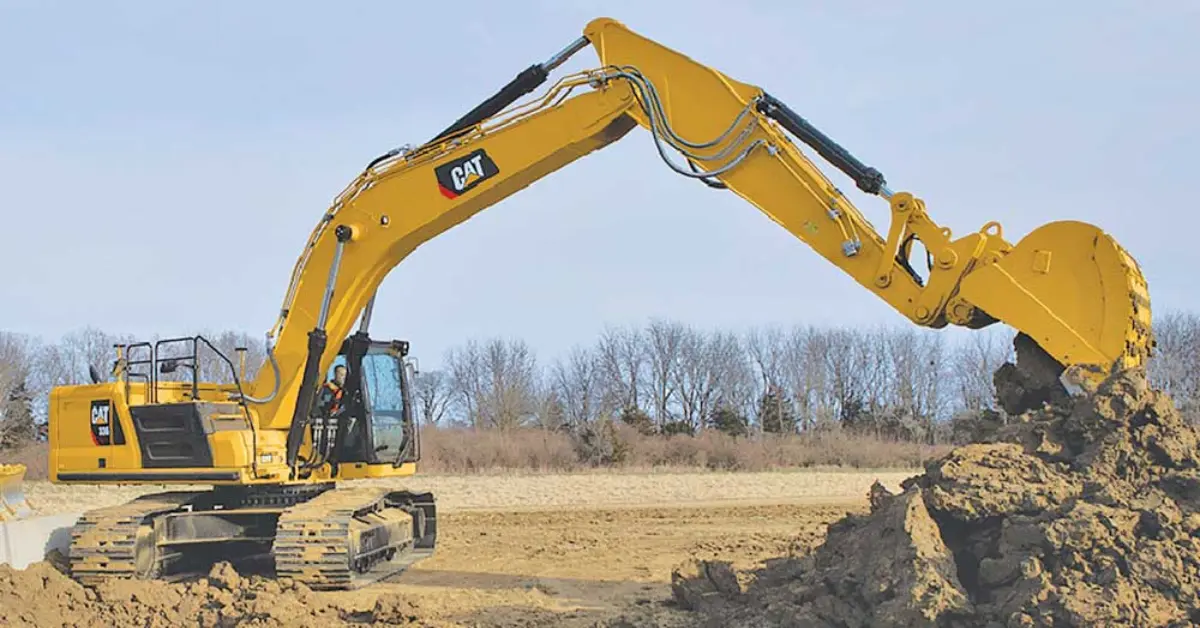
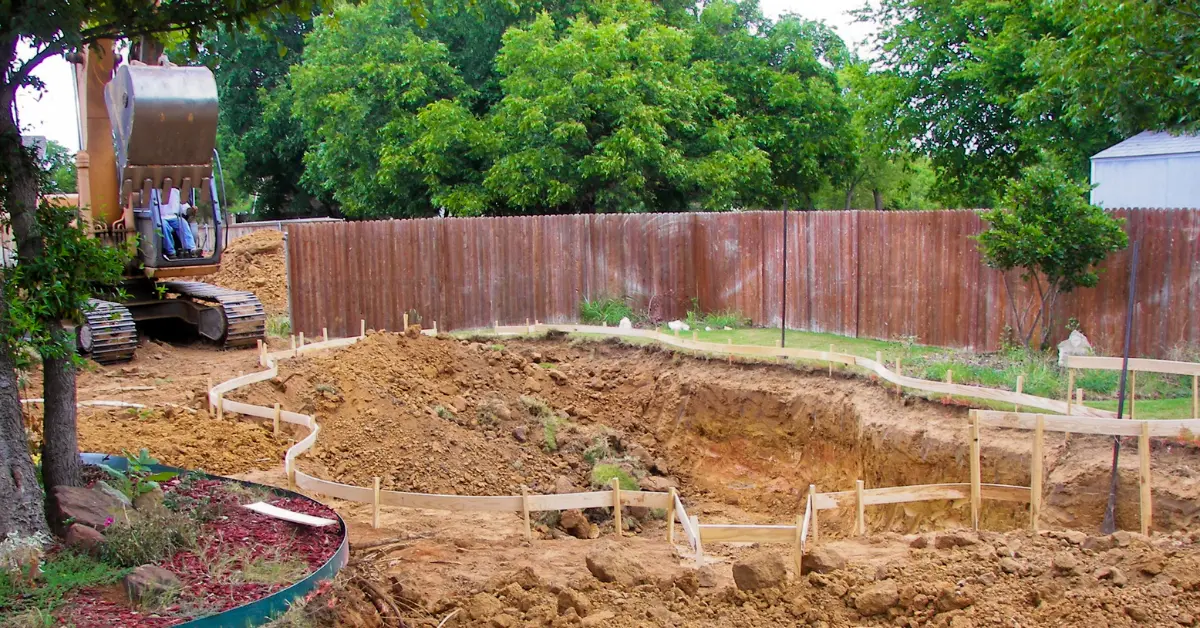
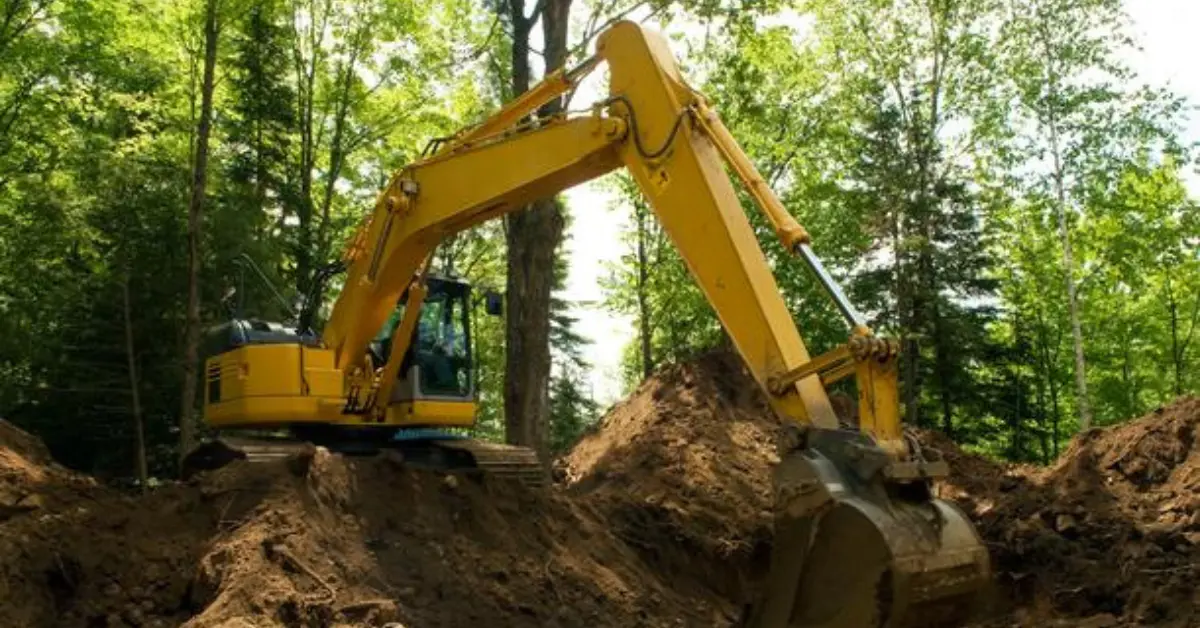
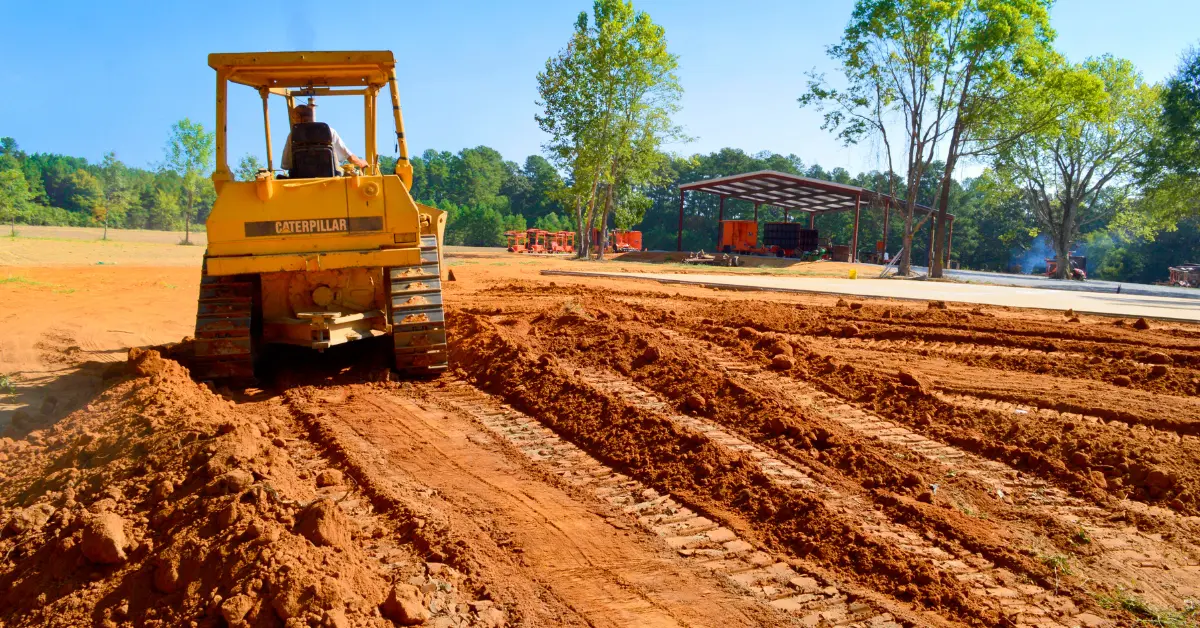
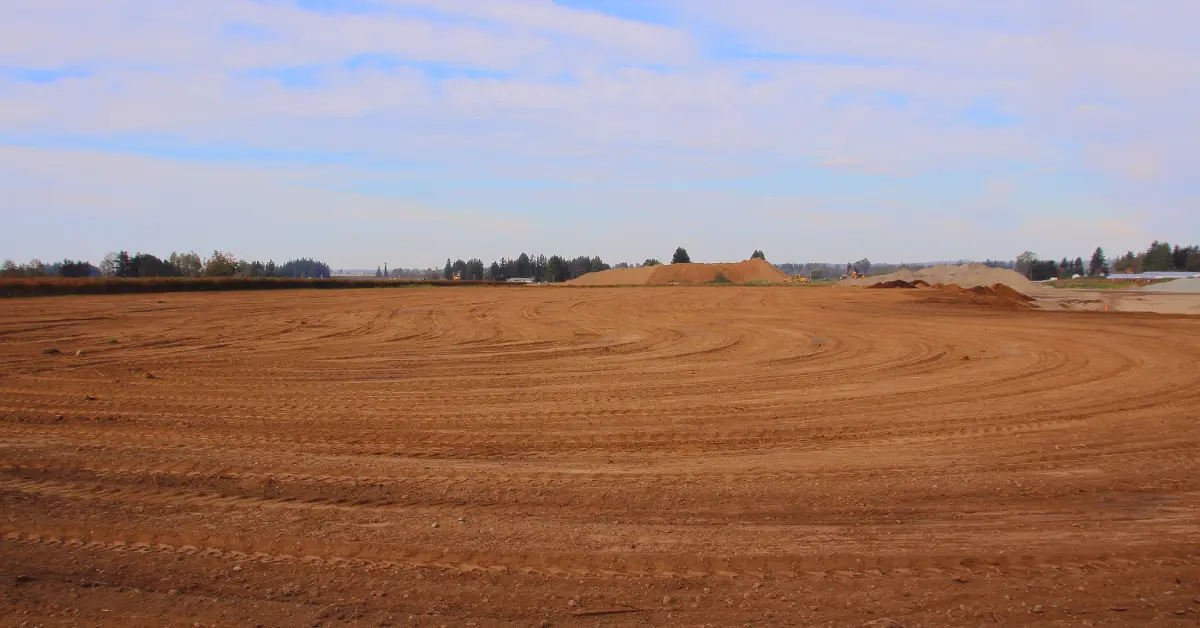



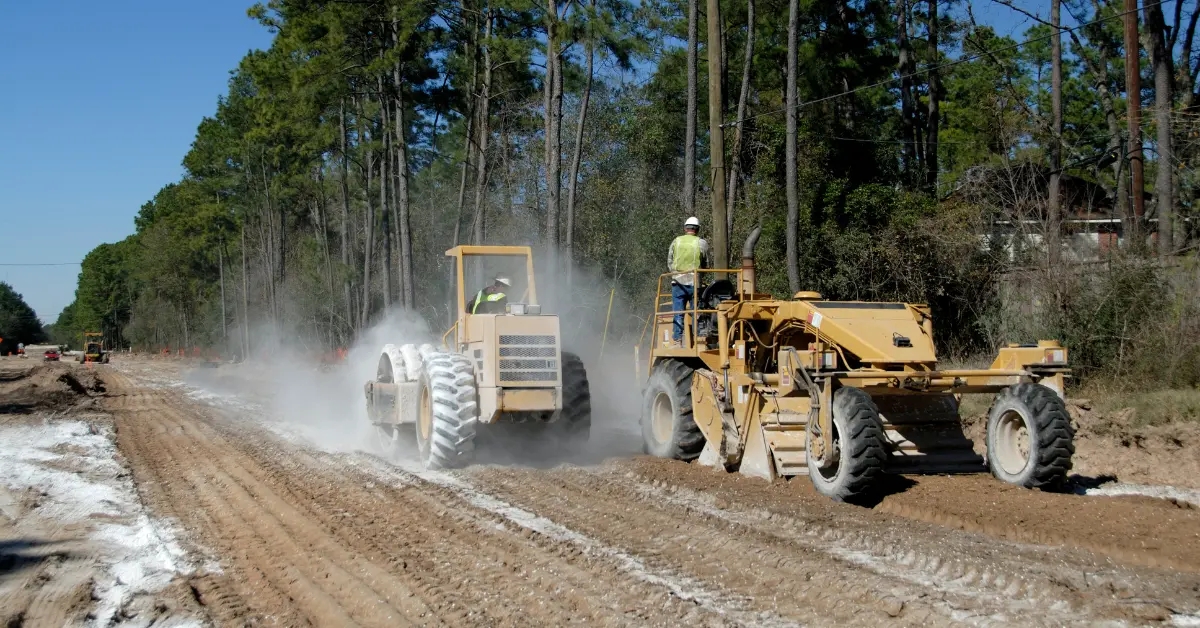




.jpg)

